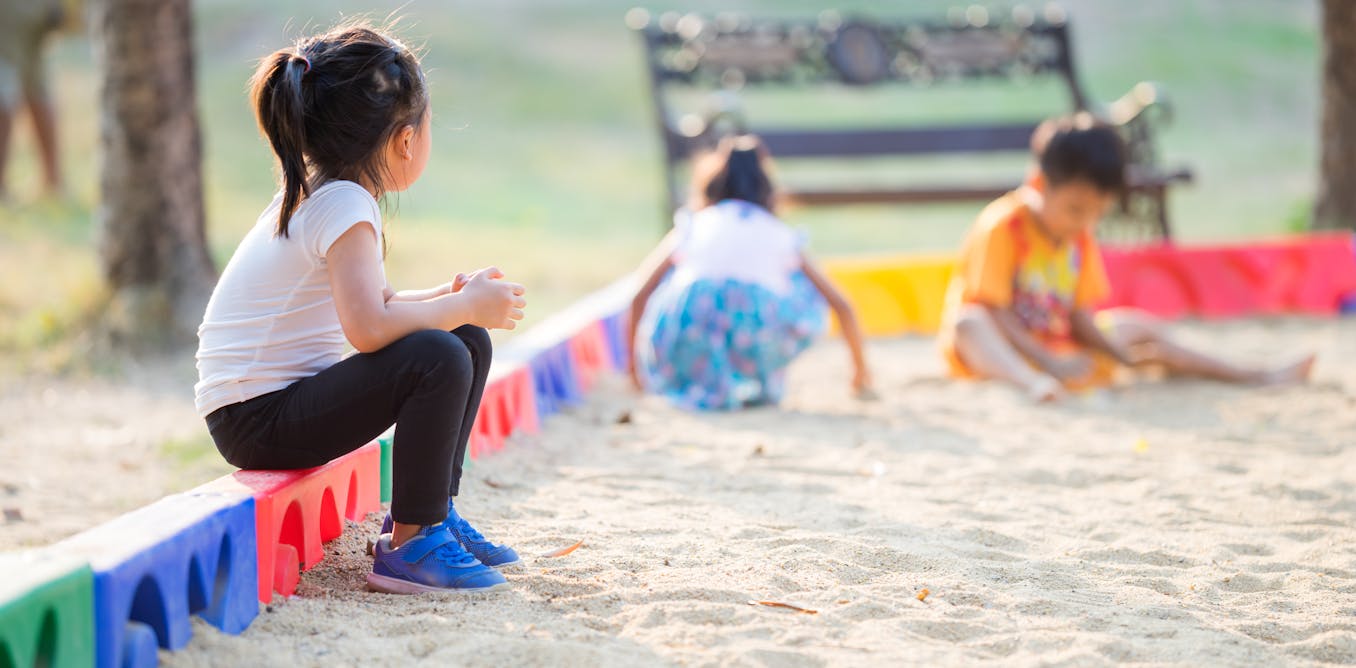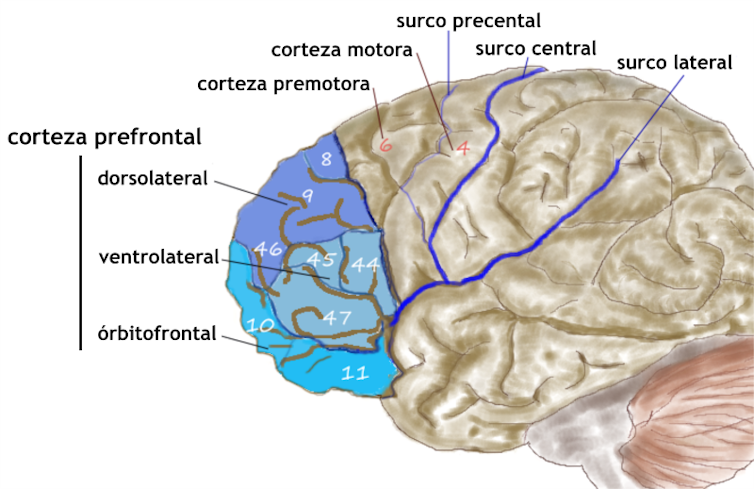When is it necessary to help children socialize?

Pablo is 8 years old. At first his classmates tried to include him in the gang. But when they noticed that Pablo did not follow the rules in the games, they began to leave.
On the playground, when children are divided into groups, Pablo often finds himself alone, and he has no one to share his moments of relaxation with. He is often ignored at his classmates’ birthday parties because he once broke a piñata and they fear it might happen again.
Pablo’s lack of social skills is also reflected in his inability to recognize other children’s cues when they want to share something or express their emotions.
Recognize social cues
Everyday tasks that are so common in the schoolyard, such as dividing chores or changing children, which rely on recognizing social cues, are not equally obvious or easy for everyone. There are people like Pablo who fail at these basic social interactions, which can lead them to become isolated from their peers, making it difficult to make or keep friends.
These social difficulties can cause pain and shame. When it comes to children and teenagers, their parents become frustrated and don’t know how to help them. We all need to feel wanted, loved, respected and accepted… Social disappointments can make us feel isolated, helpless, sad, angry or rejected.
Read more: Rejection at school: when dislike for a group becomes chronic
What are social abilities?
Social competence requires a wide range of skills and is not limited to one personality style or behavior. A socially competent boy or girl may use different approaches depending on the situation and the needs of the environment. During childhood and adolescence, it is possible to determine whether a child or young person is socially competent. To do this, it must meet a number of requirements:
-
Recognize the importance of body language and nonverbal communication.
-
You can control your emotions and impulses.
-
You have the ability to analyze situations and understand other people’s points of view.
-
Demonstrates flexibility in the face of changing plans and unforeseen circumstances.
-
You can predict what will happen based on your words and actions.
-
You can take responsibility for your actions.
All of these skills gradually develop during childhood and adolescence. Young children, for example, may have difficulty controlling their impulses due to their immaturity. If they want a toy that doesn’t belong to them, they can take it without asking the owner’s permission. As they grow and mature, they will improve these skills, and before they pick up someone else’s toy that they like, they will be able to ask for it, please.
Executive functions and their development
We refer to executive functions as the set of cognitive and neuropsychological skills that are needed to plan, organize, initiate, direct, and control behaviors and tasks in order to achieve goals. These skills are essential for the executive functioning of the brain and are involved in higher mental processes that allow us to effectively manage daily life.

Executive functions, anatomically associated primarily with areas of the prefrontal cortex, include various dimensions:
-
Inhibition: The ability to control impulses and stop inappropriate automatic reactions.
-
Cognitive flexibility: The ability to change mental focus and adapt to new situations or demands.
-
Working memory: The ability to retain and manipulate information in the mind for a short period of time.
-
Planning and organization: Ability to develop an action plan, organize tasks, and effectively follow a sequence of steps.
-
Emotional self-control: Ability to control emotions and remain calm in difficult situations.
-
Initiating and completing a task: Ability to effectively start a task and see it through to completion.
We talk about executive dysfunction when there are difficulties in one or more of these areas that can prevent a person from functioning effectively in everyday life.
These difficulties can manifest in a variety of neurodevelopmental disorders, including attention deficit hyperactivity disorder (ADHD), autism spectrum disorder (ASD), and traumatic brain injury.
Read also: Why children behave badly when they are tired
What does executive dysfunction mean?
Research shows that children and adolescents with executive dysfunction are more likely to engage in socially inappropriate behavior.
But social skills, like academic skills, can be taught openly. Here are some tips to help children and teenagers facing difficulties.
1. Analyze, talk and empathize
To resolve the issue and discuss it, we can follow these steps:
-
Determine the cause of the problem. Let’s observe boys and girls in various social situations (classes, training, free games, birthdays).
-
Observe and record both the strengths and weaknesses of the society.
-
Start a conversation with them. Ask them questions that show that we value the other person’s perception of the problem. Listen to them, understand their point of view and acknowledge their pain, anger and feelings of sadness.
-
Decide together on alternative ways to handle similar situations in the future.
-
Encourage them to practice alternative behaviors with you.
-
We tell you what happened after we had the opportunity to discuss alternative actions in a real situation to check: are things better this time? If not, what else can you try?
2. Teach the use of hints
We can develop simple cues that let them know they need to stop or change their behavior in a given situation. For example, if we know when to stop talking about a topic because the listener is showing disinterest, gently get their attention by touching your nose with your index finger or crossing your arms.
3. Generalize skills
Expand situations that require specific skills to make them more widely applicable. For example: “You handled your anger well when your brother borrowed your skates without asking.” This helps boys and girls who have problems with cognitive flexibility learn to apply behaviors in different situations.
4. Be open-minded, even when it’s difficult.
It can be difficult to remain neutral when we hear children complaining about “unfair” treatment. However, it is important to open up, express your concerns and offer help.
For example, instead of asking “Why did you keep interrupting?” we can ask, “Do you think it would help you if you let him finish his story?”
5. Be there
Perhaps most important is constant encouragement and support. Celebrate even small improvements and build on them. Children and adolescents with social problems tend to have low self-esteem. However, we also cannot praise too much, as they may recognize insincerity.
A gift for life
Social skills affect almost every aspect of life (academic, personal, or work). The time and effort we dedicate to helping our children will be a gift that lasts a lifetime. Watching them develop better social skills and establish successful relationships can be one of the most rewarding parenting experiences for fathers and mothers.
